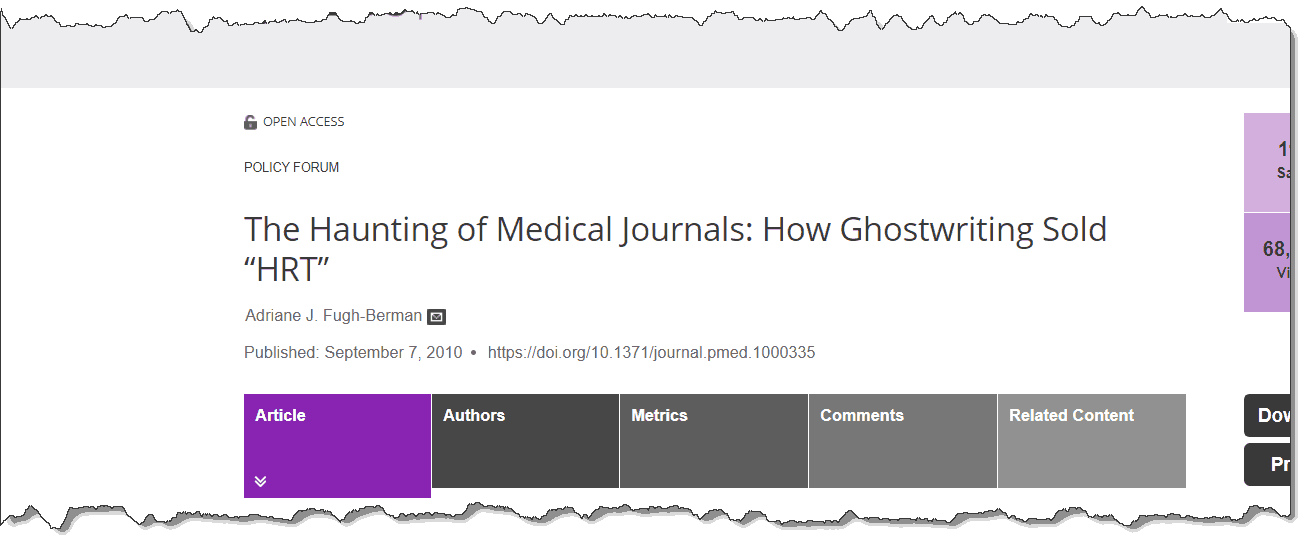
[cmamad id=”26225″ align=”center” tabid=”display-desktop” mobid=”display-desktop” stg=””]
Many of the studies that doctors rely on are fake, according to this bombshell underground investigation.
—-Important Message From Our Sponsor—-
Ex-Facebook coder builds secret app that automatically makes you money

Wouldn’t you like to know…
- The 4-pillar plan to get the cash to chase YOU (did I say effortlessly?)
- The one reason everything you’ve been taught about money is wrong (and THE ONE THING you can do about it immediately)…
- The 5 money mindsets (use separately and they’re powerful)
- How to hack your subconscious inner voice and get it to support your dreams and self-image…
- And how to make money automatically, without even lifting a finger?
———-
Secret investigation: Fake studies doctors rely on
Have you seen the HUGE number of commercials for testosterone supplementation lately?
It’s a bit on the crazy side. They are all over the place…in print, on TV, and chasing you around the Internet.
These commercials make it seem like testosterone supplementation is some sort of wonder drug.
And it CAN be if you have something called hypogonadism – where your body produces WAY too little testosterone.
But most guys don’t have hypogonadism…
And, for them, Big Pharma testosterone supplementation isn’t usually a good thing.
That’s because T supplements make your body produce less testosterone naturally…
AND Big Pharma testosterone can have a FEMINIZING effect when it turns into estrogen in your body. (Yep, that’s a real thing.)
By the way… If you raise your testosterone NATURALLY, then you won’t experience these cruddy side effects.
So, besides advertisements, how did doctors get so okay with prescribing hormones that may not really work for their patients anyway?
The answer is a sneaky, no-good practice called ghostwriting.

This “ghostwriting” thing should make you crazy-mad.
Doctors are well-educated people and taught to respect medical journals.
But when the medical journals go bad, then docs can get things wrong – no matter how good their education is.
It turns out that manipulation of medical journals is far more widespread than you would think.
In this case, it was an investigation looking at journal articles about female hormone replacement therapy…
But I would bet that this practice is common across many different types of medication – including testosterone replacement.
Here’s how it works…
Big Pharma hires ghostwriters to write articles for publication in national medical journals.
These articles make their treatments look good AND downplay the side effects.
“Dozens of ghostwritten reviews and commentaries published in medical journals and supplements were used to promote unproven benefits and downplay harms.”
That means your doctor could be reading these articles and assuming all is good with a treatment – and that the treatment would be beneficial to their patients.
Not only that, but Big Pharma (in this case Wyeth) uses these trusted articles to promote “off-label” benefits that aren’t studied and aren’t proven.
“Specifically, the pharmaceutical company Wyeth used ghostwritten articles to mitigate the perceived risks of breast cancer associated with HT (hormone therapy), to defend the unsupported cardiovascular ‘benefits’ of HT – and to promote off-label, unproven uses of HT such as the prevention of dementia, Parkinson’s disease, vision problems, and wrinkles.”
And this isn’t limited just to hormone replacement for women.
It’s also a known practice for other highly promoted treatments.
“Given the growing evidence that ghostwriting has been used to promote HT and other highly promoted drugs, the medical profession must take steps to ensure that prescribers renounce participation in ghostwriting, and to ensure that unscrupulous relationships between industry and academia are avoided rather than courted.”
Considering this interference in medical journals, it might be a good idea to maintain a healthy skepticism about any treatments that your doctor recommends…
Especially if the treatment is highly advertised and hyped.
My basic premise is to take as few treatments as possible…
And when I do, I take older formulations.
[cmamad id=”26226″ align=”center” tabid=”display-desktop” mobid=”display-desktop” stg=””]
Why taking older, proven treatments may be a better bet.
I’m going back to testosterone here for a minute.
As I said earlier, I’m 99% convinced that testosterone treatments have had the same ghostwriting treatment that other hormone replacement therapies have.
And I think that, for most men, these supplements do more harm than good.
But what if you have a different condition and need to take a Big Pharma product?
If that’s the case, then you can do what I do and ask for older, proven treatments (and don’t let your doctor overprescribe either).
Older drugs are less likely to be hyped up.
And they are more likely to have ALL the side effects fully known.
That way you know exactly what you’re getting. And you are more likely to get something that has an accurate representation.
Never underestimate the power of a profit motive.
It’s important to account for that in the possible distortion of information before you go on a new drug.
—-Important Message—-
Men: Lose fat THIS way – not the “normal” way – and improve erections too
Lots of guys want to lose belly fat, but they aren’t succeeding.
Why? Because they’re using one of these 3 methods:
- Counting calories
- Limiting carbs
- Skipping meals
And all 3 of these methods of “losing weight” actually raise the stress hormone, cortisol.
And higher cortisol will make you FAT, not thin.
Cortisol will lead to belly fat, man boobs, low testosterone, and even ED.
So… How do you lose fat successfully without raising cortisol?

———-

- The Haunting of Medical Journals: How Ghostwriting Sold “HRT”
https://journals.plos.org/plosmedicine/article?id=10.1371/journal.pmed.1000335
- 10 surprising dangers of vitamins and supplements
https://www.consumerreports.org/cro/magazine/2012/09/10-surprising-dangers-of-vitamins-and-supplements/index.htm - Can a man's testosterone be boosted naturally?
https://wtamu.edu/~cbaird/sq/2015/10/29/can-a-mans-testosterone-be-boosted-naturally/
